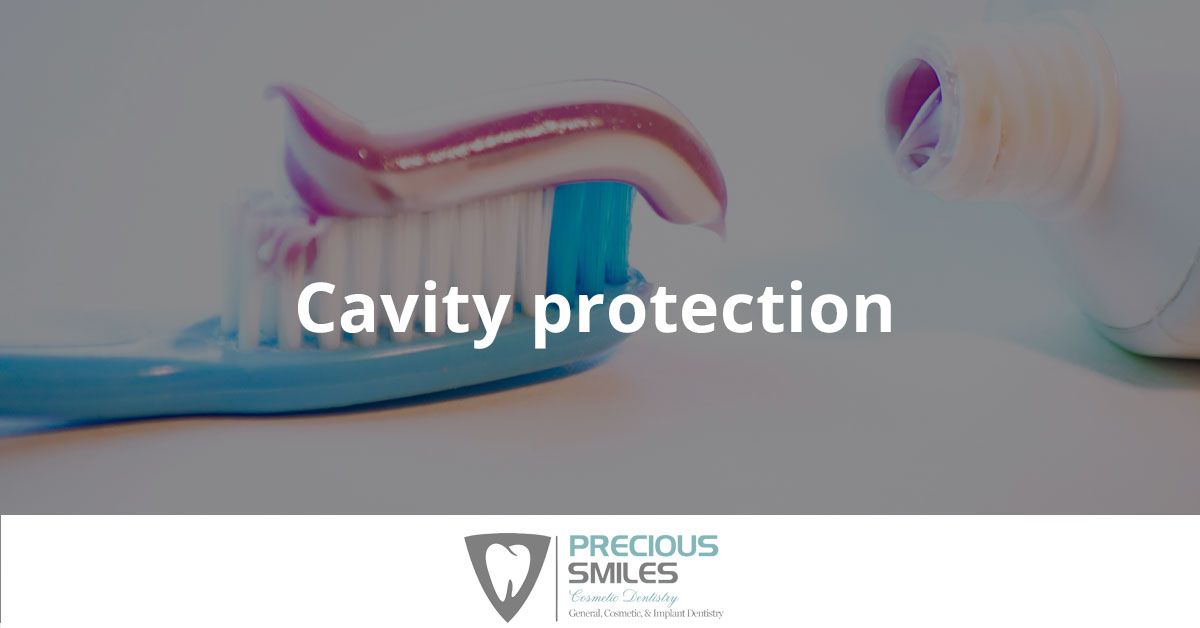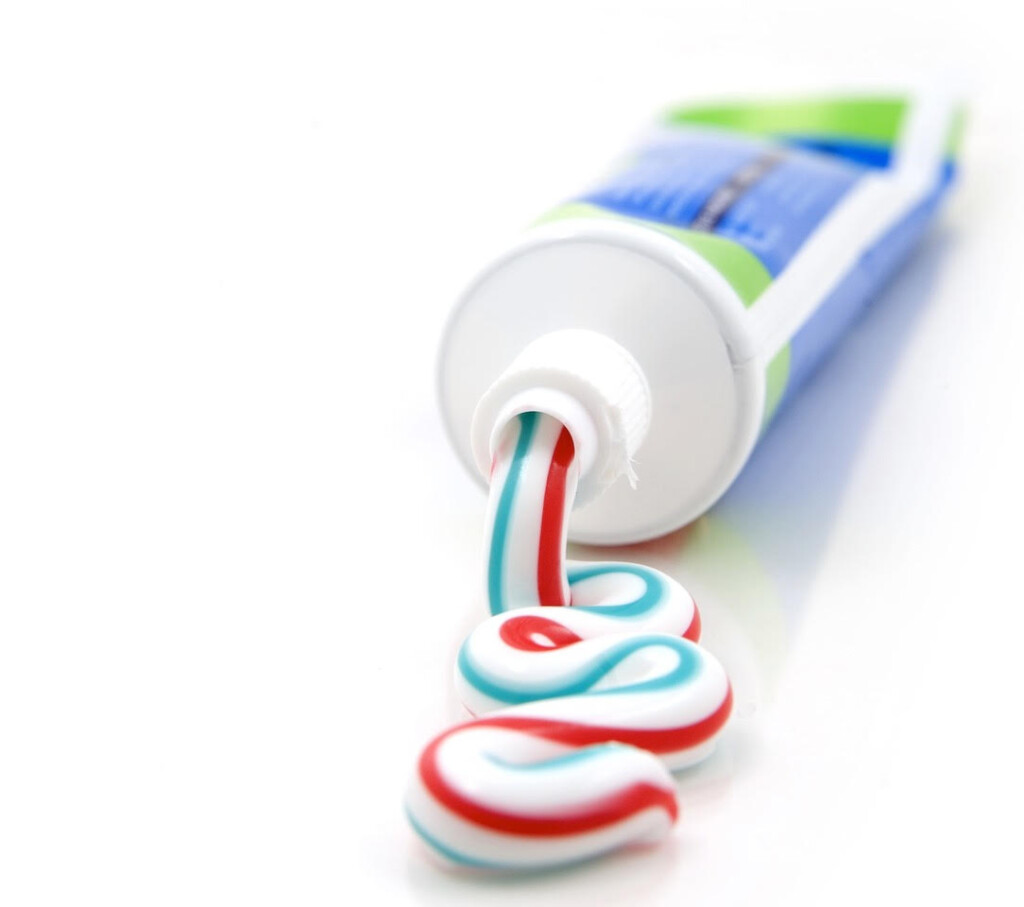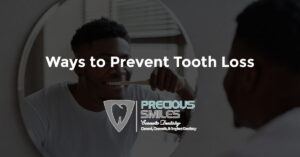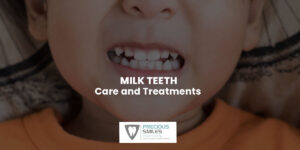A cavity is a tiny hole in the tooth that gradually expands as time progresses. This form of decay occurs when acid consumes the protective enamel on the teeth. As soon as the enamel is removed, the cavity will gradually eat the tooth until it hits the blood vessels and nerves in the tooth. Though you can be proactive and do some things to prevent your cavity from worsening at a rapid pace, the most prudent course of action is to have it filled at the dentist’s office.
Toothpaste
When it comes to preventing cavities, toothpaste can help deliver powerful anti-cavity ingredients directly to the enamel. These ingredients work to fight cavities by strengthening the enamel and underlying dentin through a process called remineralization.
Cavities develop through a process called demineralization, which softens and weakens the enamel. Remineralizing agents reverse that process.
There are several great remineralizing agents available in over-the-counter toothpaste. Here are the ingredients shown to remineralize enamel:
- Fluoride – This one is not new. Fluoride has been around for decades and is available in most over-the-counter toothpaste. Dentists often prescribe a high concentration fluoride toothpaste or gel for patients with a high cavity risk.
- Nanohydroxyapatite – Often abbreviated as nHa, this compound is actually the same mineral compound that makes up the majority of the hard structure of teeth. Studies show that the nano-sized particles absorb into weakened areas of enamel and repair acid damage.
- Arginine – This ingredient is a naturally occurring amino acid with the potential to remineralize enamel. It is more difficult to find toothpaste containing arginine, and it is available in a serum (by Colgate) and a chocolate-flavored chew (BasicBites).
Saltwater Rinses Might Help
Saltwater has antiseptic properties. Oral health professionals often recommend patients use saltwater when a wound or infection is present in the mouth. Saltwater can even destroy bacteria that leads to the formation of cavities. Swish with salt water as soon as you find out you have a cavity and it just might slow its expansion.
Eat tooth-healthy foods
Believe it or not, there are foods that are good for your teeth. Much like a heart-healthy diet reduces your risk of heart disease, certain foods can protect your pearly whites. Foods that protect your teeth include cheese, fresh fruits and vegetables, unsweetened coffee, tea, and sugar-free gum. Each of these foods has specific properties that make them good for your smile.
Drink water after eating
Water provides an excellent mouth rinse, washing away both bacteria and the remains of food that can become plaque. Water also neutralizes the effects of acidic and sweet foods. Tap water in several nations includes fluoride, which also helps avert tooth rot in a similar manner to fluoride toothpaste. Tooth decay is likelier to occur in a dry mouth, so drinking water frequently is the best way to combat this.
Floss
Along with brushing teeth, flossing should be performed at least once daily to remove plaque and particles of food stuck to teeth and gums. The area between teeth is particularly exposed to cavity formation but is tough to reach with toothbrush bristles. Flossing before sleeping is equally as important as brushing teeth.
How to prevent dental problems you can check HERE.





